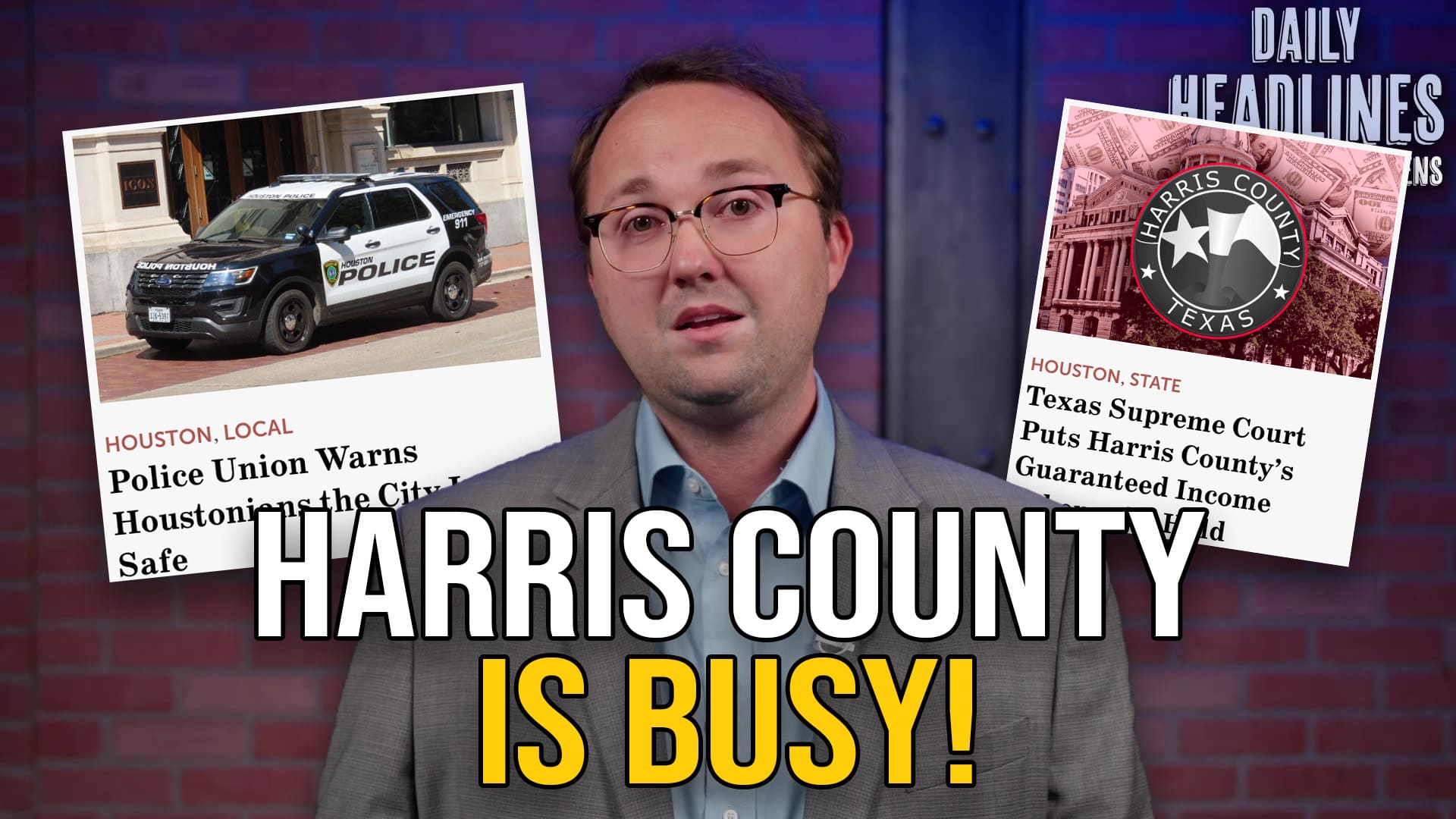In higher education, policymakers can debate many things — tuition levels, the need for bloated administrative bureaucracies, and the utility of identity politics in academic curricula, to name just three examples. But the free speech rights of students should not be among them.
As Justice Robert Jackson famously stated in the 1943 Barnette case, “The very purpose of a Bill of Rights was to withdraw certain subjects from the vicissitudes of political controversy, to place them beyond the reach of … [government] officials.” Freedom of speech and other fundamental rights, he continued, “may not be submitted to vote; they depend on the outcome of no elections.”
Sadly, however, under the controversial leadership of University of Texas at Austin President Greg Fenves, students at UT have been stripped of their free speech rights in the misguided quest for “political correctness” and “inclusion.” UT’s disdain for robust expression on campus — essential to achieve the objectives of higher education — has resulted in litigation.
Speech First, a national civil rights organization, filed a lawsuit on December 13 against UT in federal court for violating students’ First Amendment rights. The lawsuit primarily challenges UT’s overly broad campus speech codes, an Orwellian “Campus Climate Response Team” tasked with investigating subjective (and sometimes anonymous) complaints of offensive statements and conduct, and vague dorm policies prohibiting speech that other students find objectionable.
“Bias incidents,” sufficient to trigger an investigation by the CCRT, can be based on “hostile” classroom discussions, “derogatory” Facebook posts, and “insensitive” student organizations’ traditions. UT’s CCRT has investigated more than 100 such complaints since September 2017.
The lawsuit alleges these overbroad policies unconstitutionally “chill” student speech on a variety of topics (including immigration, affirmative action, identity politics, and abortion) because students fear their speech will be anonymously reported and subject them to investigation and discipline by overzealous bureaucrats.
So-called “hate speech” — opinions that others find uncomfortable — is clearly protected by the First Amendment. UT’s policies, adopted to appease vocal “victim groups” that hold sway with UT’s progressive administration, are likely to be declared unconstitutional.
The lawsuit by Speech First is not UT’s first brush with notoriety. The national watchdog group Foundation for Individual Rights in Education (or “FIRE”) has given UT its worst possible rating, a “red light,” for having policies that clearly and substantially restrict free speech. FIRE’s ratings receive widespread attention and are not lightly made. UT’s “red light” rating is well-deserved and founded on extensive negative media coverage of UT’s biased approach to campus speech.
In stark contrast to UT is their longstanding rival, Texas A&M. No longer gridiron competitors, the two schools now struggle for primacy in other areas — size, academic excellence, and reputation. Yet while UT President Greg Fenves was busy emulating his alma mater, UC Berkeley, TAMU has focused on protecting the First Amendment rights of its students.
FIRE recently gave TAMU its highest possible rating, a “green light,” for maintaining policies that protect student and faculty free speech. In a statement headlined “Texas A&M Rated Best in Texas for Campus Speech Policies,” FIRE extolled TAMU in glowing terms:
“When it comes to protecting free speech on campus, no one in Texas beats the Aggies…. ‘Today, Texas A&M is the lone institution in the Lone Star State that earns FIRE’s highest rating for respecting constitutionally protected speech rights,’ said Azhar Majeed, FIRE vice president of policy reform. ‘We encourage colleges across the state to follow Texas A&M’s lead and put the First Amendment first.’ “
TAMU President Michael Young, in contrast to UT’s Fenves, recognizes the importance of campus free speech to the transmission of knowledge: “A free exchange of ideas is not only a cornerstone of our democracy, it is the surest path to truth, discovery and scholarly advancement.”
Texas A&M should be commended for its leadership in this area, while UT should be ashamed of its restrictive policies. It is time for the Texas Legislature to step in and protect the free speech rights of all students at state-run colleges and universities.
This is a commentary submitted and published with the author’s permission. If you wish to submit a commentary to Texas Scorecard, please submit your article to submission@texasscorecard.com.





